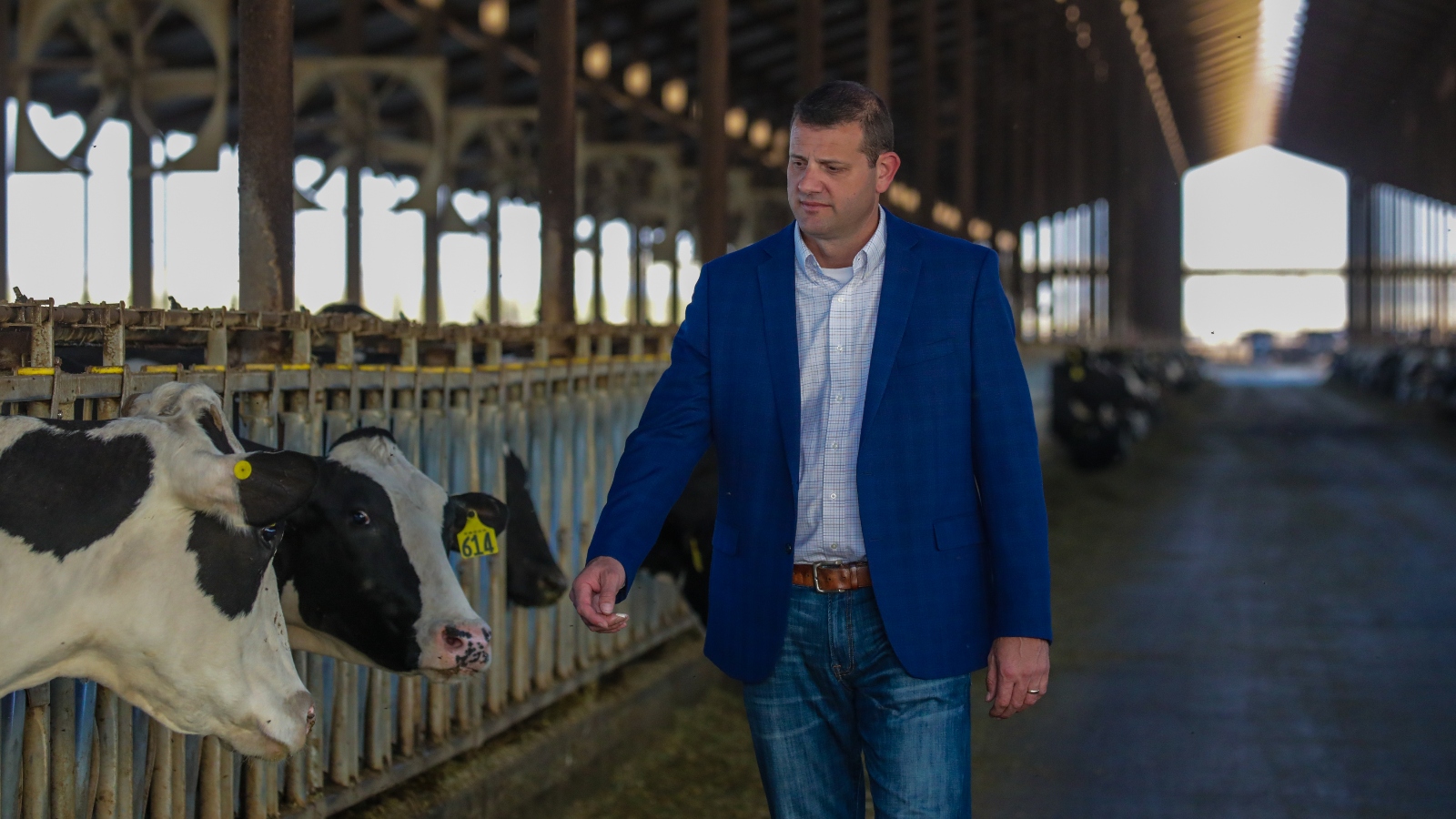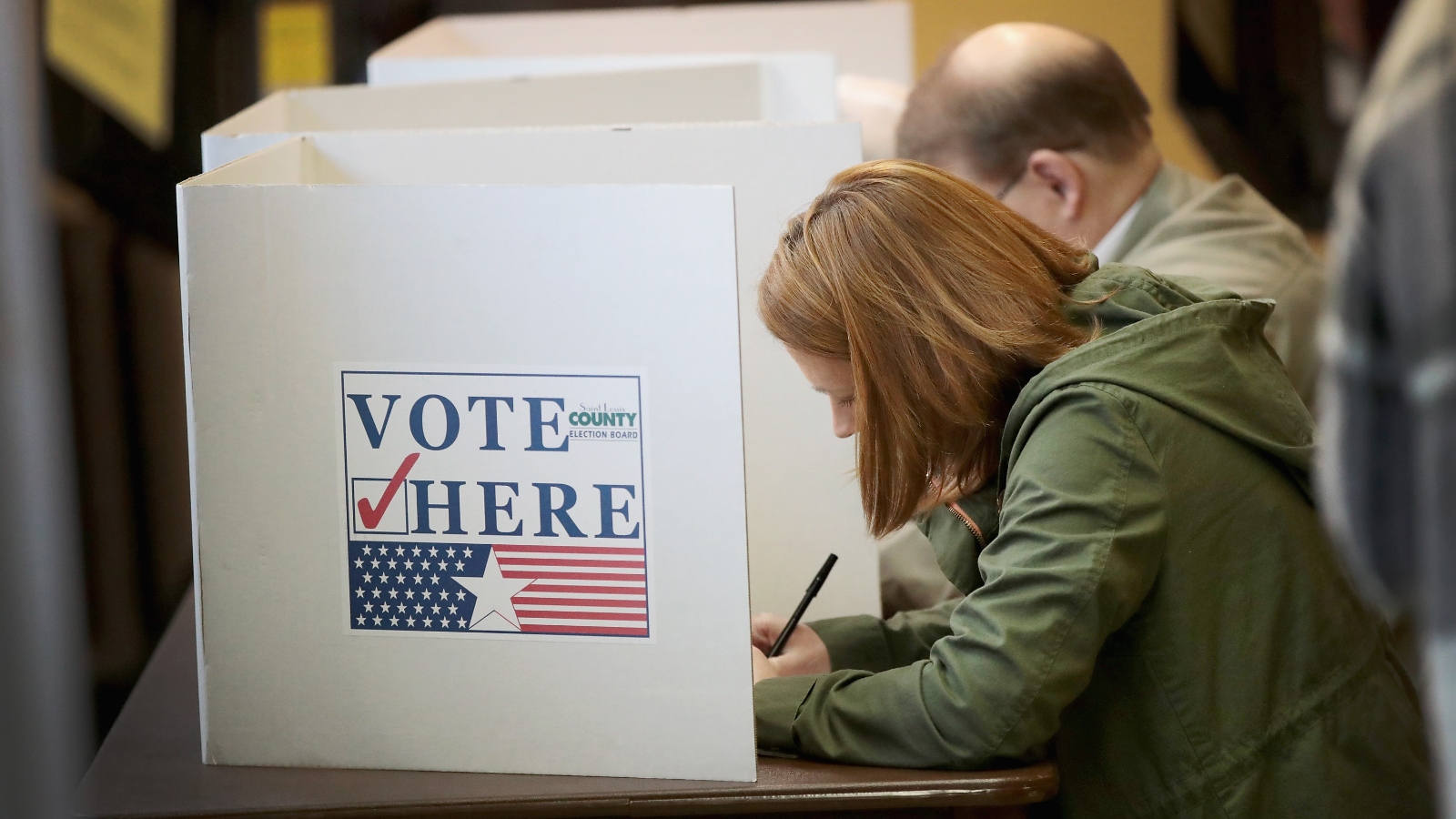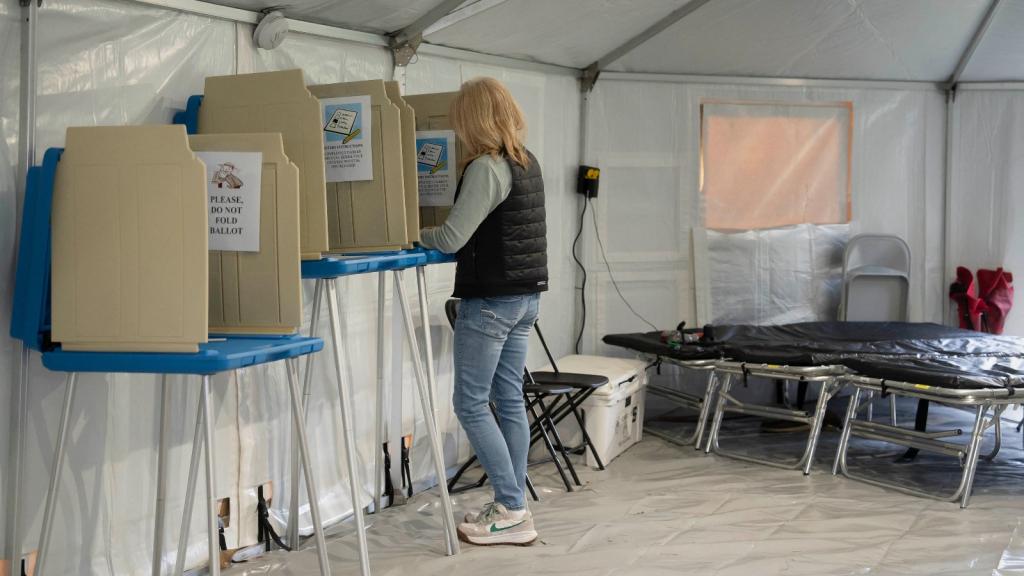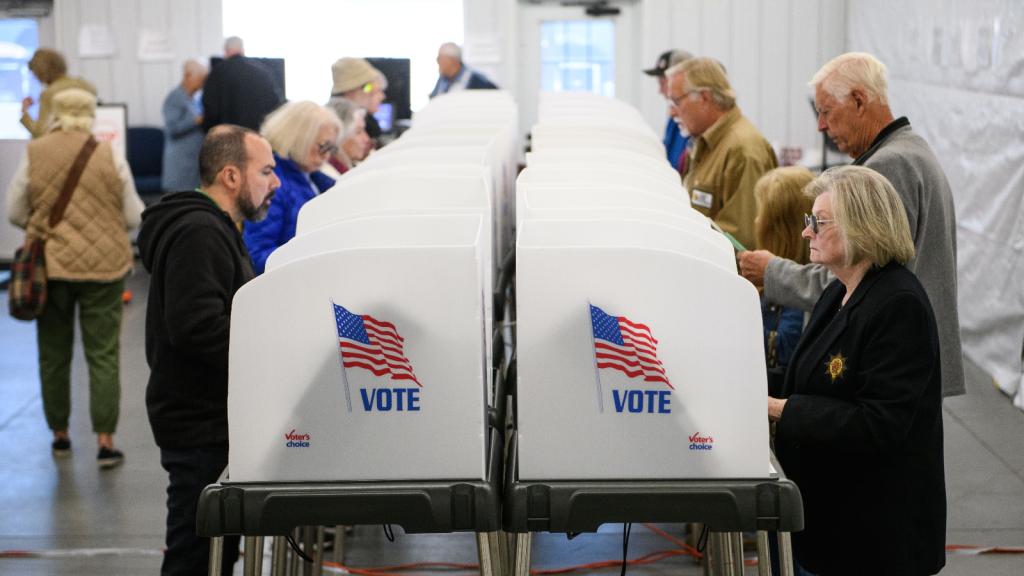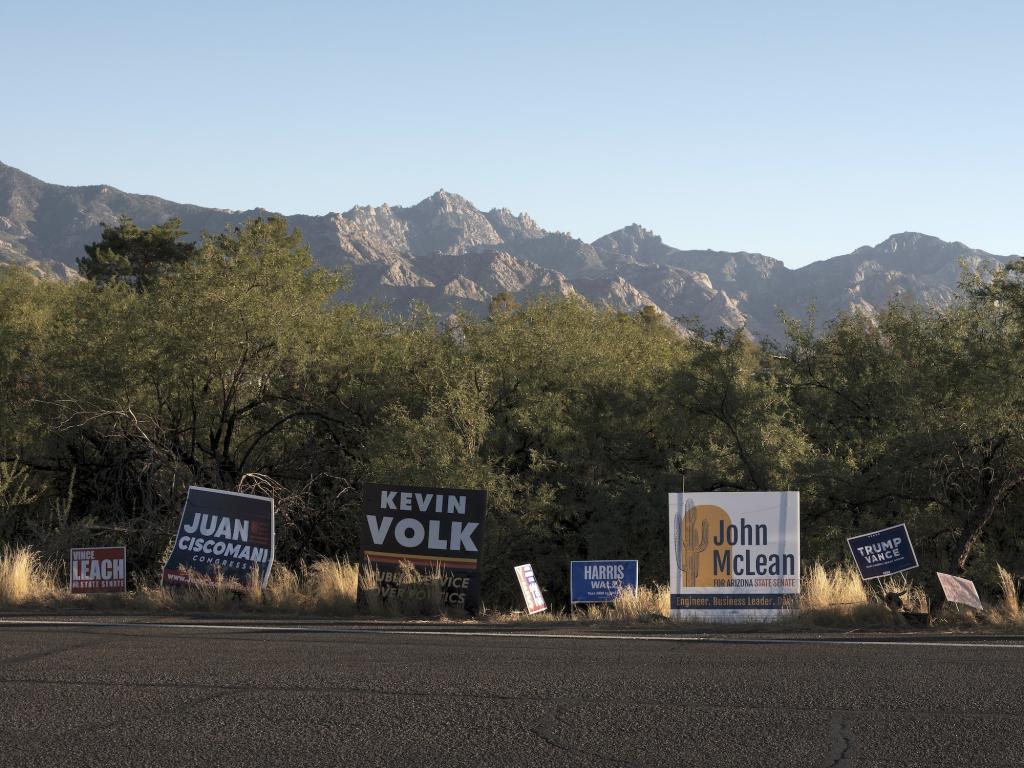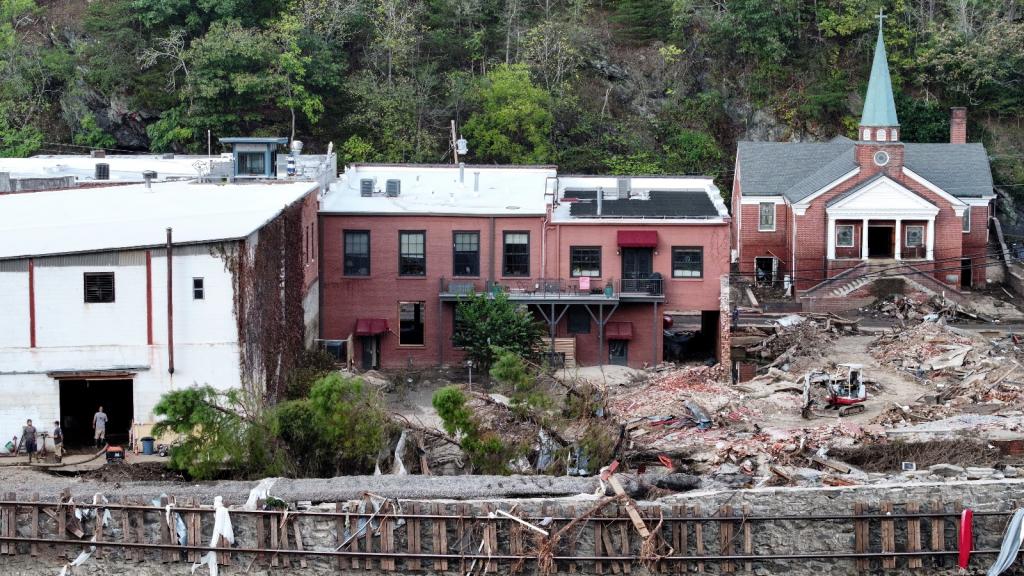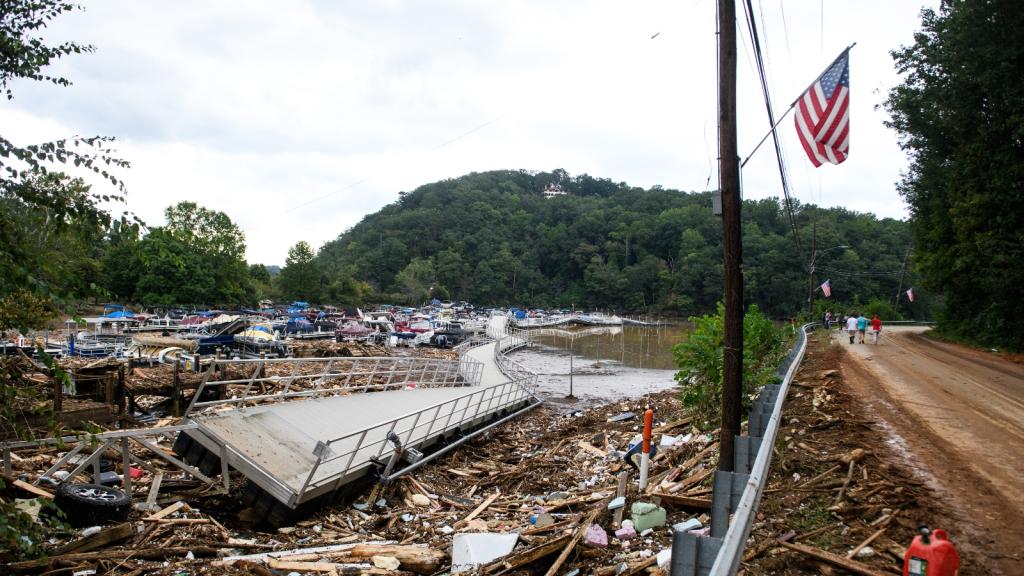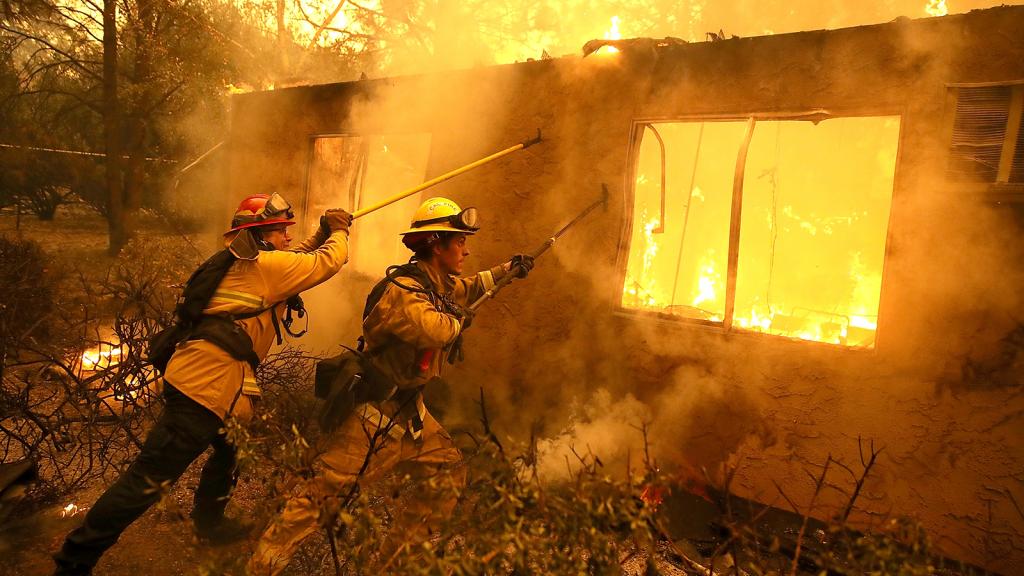State of Emergency
How climate disasters are reshaping elections
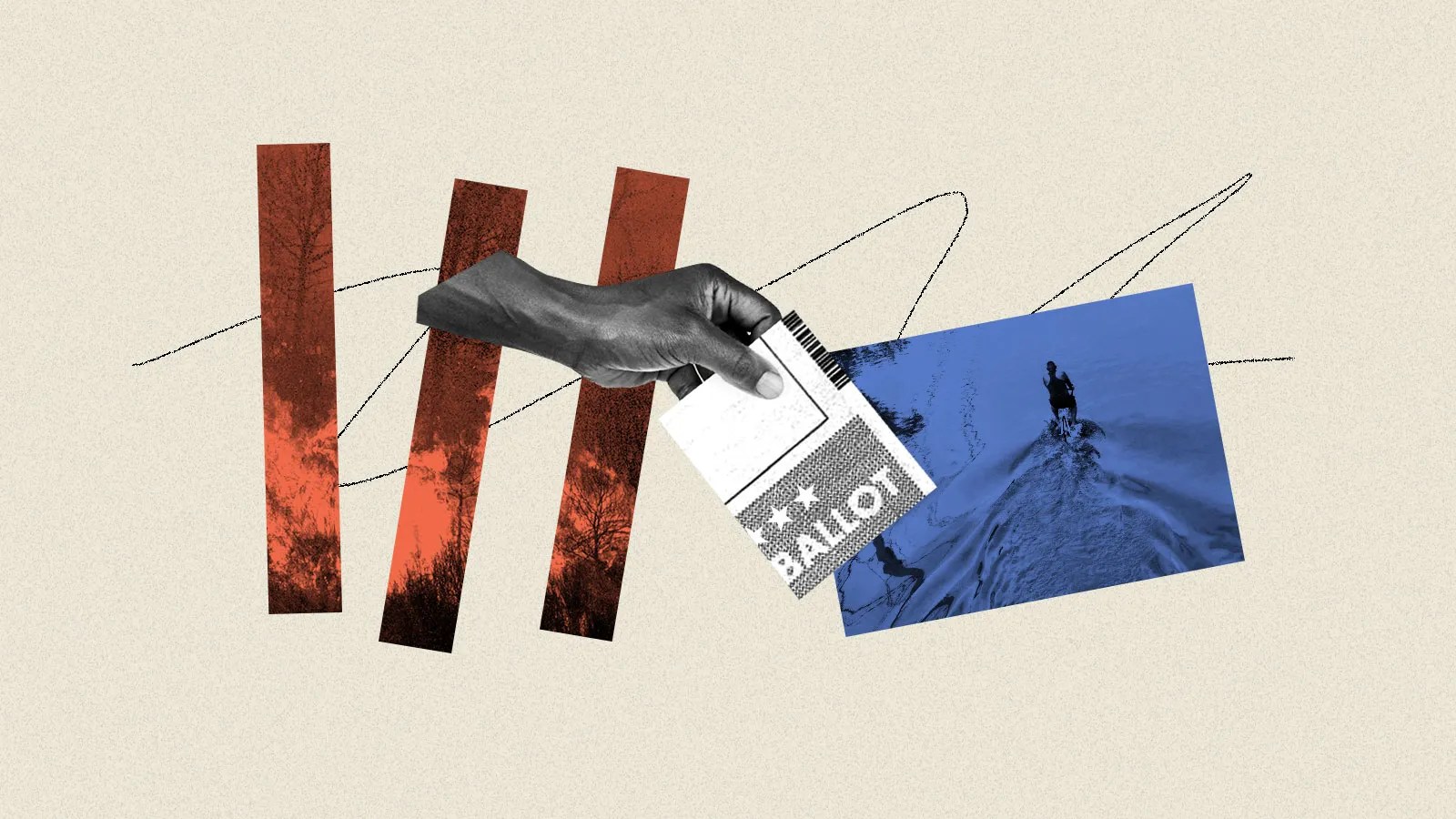
State of Emergency
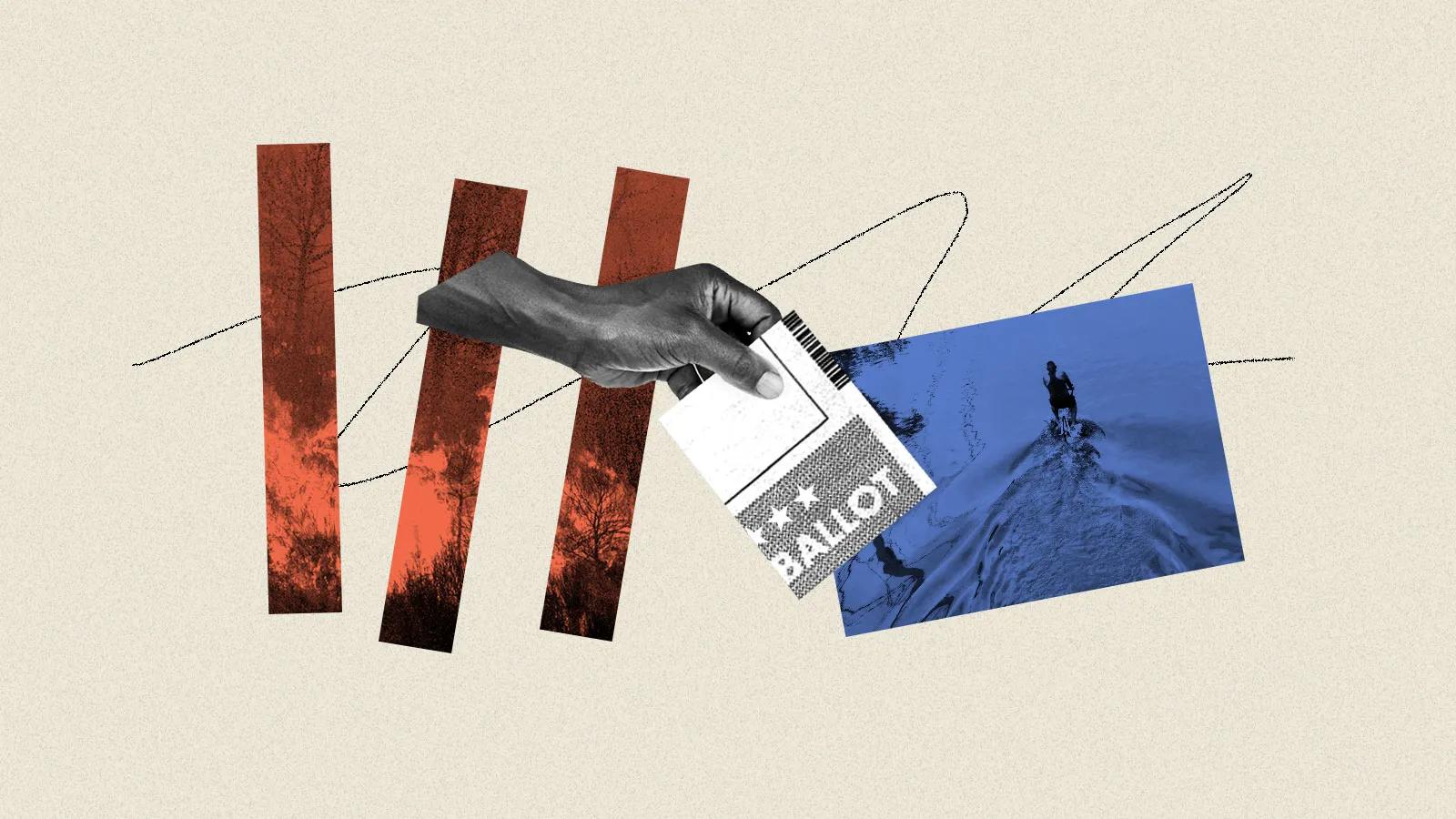
EDITOR’S NOTE
Almost half the global population is heading to the polls this year, and the results in countries like India and France have already been seismic. In the United States, one of the most consequential presidential elections in modern history is hurtling toward a chaotic finish, and the fight for control of Congress and several state legislatures sits on a razor’s edge as well.
As Election Day nears, extreme weather is battering tens of millions of voters in the United States, baking fast-growing cities in Arizona and Nevada in extreme heat and flooding communities in Florida and North Carolina. Even as they upend lives, these climate disasters are also upending the political process — floods destroy polling places, wildfires displace voters for months, and long recovery delays sour voters on local politicians and the federal government. In communities around the country, from deep-red Louisiana to bright blue California, and in races from the city council to the U.S. Senate, climate disasters are exerting a little-noticed but transformative impact on political life.
In our new series, State of Emergency, Grist is examining how extreme weather, being made more intense and frequent by climate change, is impacting people’s ability to vote and their engagement with politics.
Featured
This California congressman is betting the farm on water
Republican David Valadao has held down his blue district by fighting for thirsty farms. But with control of Congress on the line, his luck may be running out.
All stories
-
What Election Day looked like for voters in hurricane-battered communities across Florida and North Carolina
Voters showed up in droves to cast their ballots, navigating last-minute polling changes spurred by hurricanes Helene and Milton.
-
Voter turnout is surging in the key swing states hammered by Hurricane Helene
What record early voting in Georgia and North Carolina says about the storm and the stakes of the election.
-
Authoritarianism is on the rise. Is climate change to blame?
There's evidence that global warming creates fertile ground for political strongmen to come to power.
-
One issue will decide Arizona’s future. Nobody’s campaigning on it.
The fate of the state’s water depends on this election. For politicians and voters, it’s mostly an afterthought.
-
The flood that forced a housing reckoning in Vermont
The interconnected climate and housing crises are putting some Montpelier residents one disaster away from homelessness.
-
Fact-checking the viral conspiracies in the wake of Hurricane Helene
Buoyed by firebrands like Alex Jones and Marjorie Taylor Greene, Helene stirred up a toxic stew of conspiracy theories and culture war politics.
-
Flood-ravaged North Carolina races to restore voting access after Helene
With voting underway, election officials must mail new ballots and replace destroyed polling places.
-
Climate impacts put insurance commissioner races in the spotlight
As premiums skyrocket, voters are starting to pay attention to one of the most obscure positions on the ballot.
-
Hurricanes are personal for this disaster researcher
Surviving Hurricane Katrina gave Daniel Aldrich's research a new focus: understanding how disasters shape the politics of a place.
-
Can the US census keep up with climate-driven displacement?
Four years after a string of disasters plagued one Louisiana town, its residents are still on the move.

